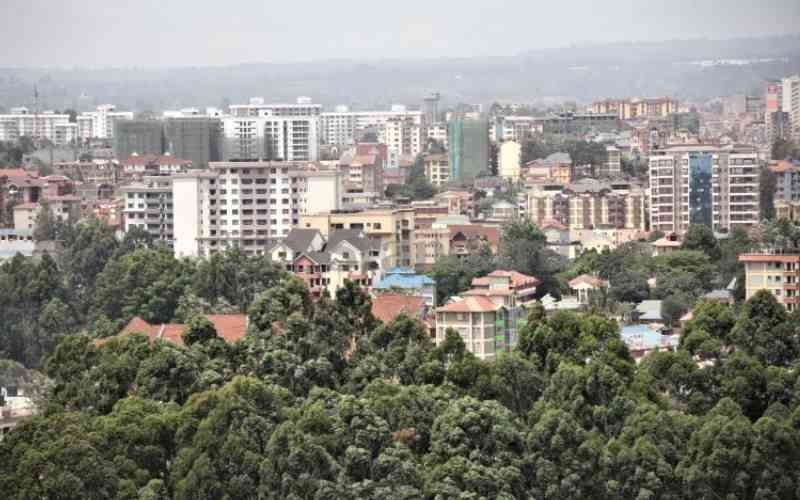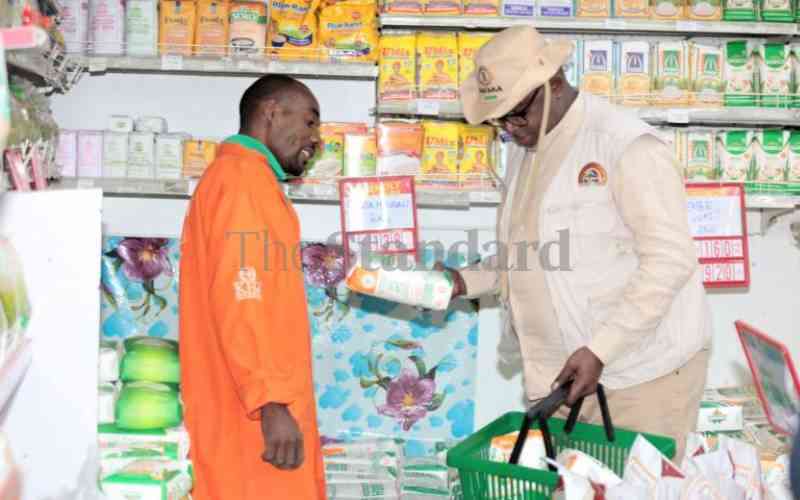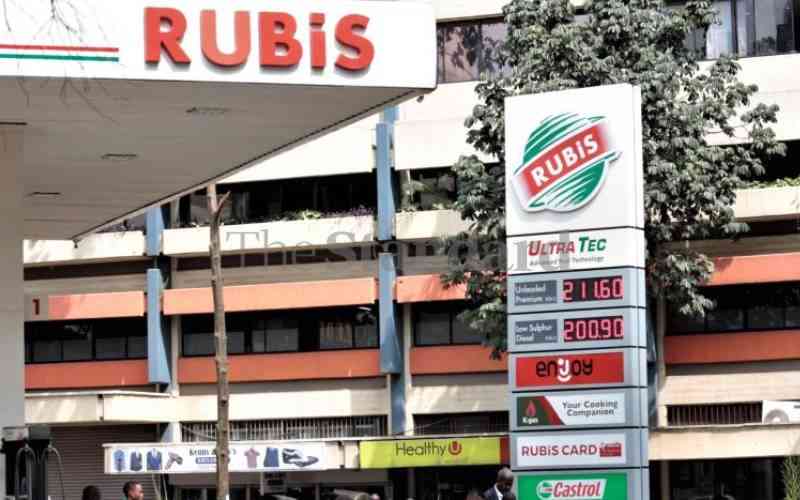The department of public health has re-assured meat consumers of safety after laboratory tests of Sodium Metabisulfite turned negative.
At least eight samples of meat had been taken to the National Public Health Laboratories in Nairobi two weeks ago to ascertain safety of meat sold in the market.
Public health chief officer Samuel King’ori said samples of meat were collected within Nakuru town following fears among consumers that traders might be using poisonous chemicals to preserve meat.
“Members of the public should not fear consuming meat sold within Nakuru town as tests indicate they are not preserved with toxic chemicals," said King'ori.
The meat tested was beef, mutton and chicken collected from different supermarkets and butcheries located within Nakuru town.
Sodium metabisulfite is used as a preservative in pharmaceuticals and foods, but if not used in right proportions, it causes severe respiratory reactions, aggravates asthma and other breathing diseases, he said.
“The chemicals can irritate the nose, throat, lungs and wheezing if consumed by humans in wrong proportions, reason its use is not recommended,” he said.
The chemical makes meat to look fresh and minimises spoilage.
The public health boss noted that inspection shall be enhanced in other towns and trading centers where meat is sold like Kikopey.
Inspection shall be done by public health officers in collaboration with veterinary officers to ensure meat sold meets Food, Drugs and Chemical Substance Act.
There are at least 1,000 licensed butcheries in the county.
“Inspection of meat sold is continuous exercise to curb illegal traders who might be selling uninspected meat,” he said.
In April this year, several people in Molo and Nakuru Town East sub counties contracted anthrax after consuming carcass of a cow. The carcasses had not been inspected.
At least 14 people were treated in Elburgon, Molo, with about 10 cases in Nakuru Town East Sub County.
In 2016, at least 70 people at Lengenet village contracted anthrax after they consumed the carcass of a cow.
Besides inspecting meat, the health workers are also inspecting food joints, shops and supermarkets to ensure food safety.
“Members of the public are advised to consume meat that is inspected to prevent contracting diseases and unanticipated deaths,” said King’ori.
 The Standard Group Plc is a multi-media organization with investments in media
platforms spanning newspaper print operations, television, radio broadcasting,
digital and online services. The Standard Group is recognized as a leading
multi-media house in Kenya with a key influence in matters of national and
international interest.
The Standard Group Plc is a multi-media organization with investments in media
platforms spanning newspaper print operations, television, radio broadcasting,
digital and online services. The Standard Group is recognized as a leading
multi-media house in Kenya with a key influence in matters of national and
international interest.
 The Standard Group Plc is a multi-media organization with investments in media
platforms spanning newspaper print operations, television, radio broadcasting,
digital and online services. The Standard Group is recognized as a leading
multi-media house in Kenya with a key influence in matters of national and
international interest.
The Standard Group Plc is a multi-media organization with investments in media
platforms spanning newspaper print operations, television, radio broadcasting,
digital and online services. The Standard Group is recognized as a leading
multi-media house in Kenya with a key influence in matters of national and
international interest.









